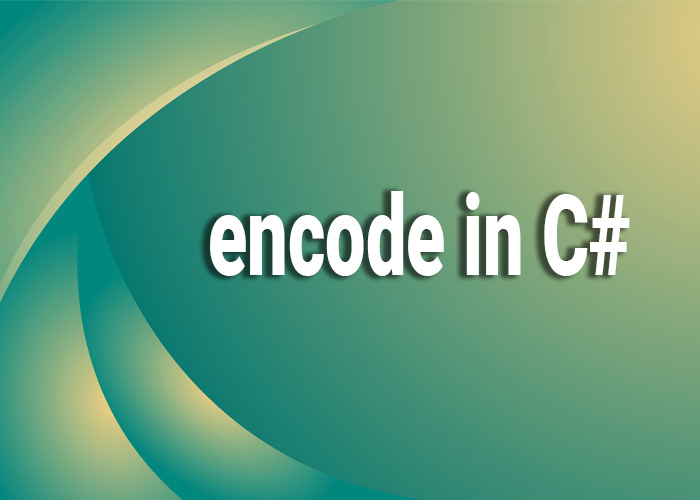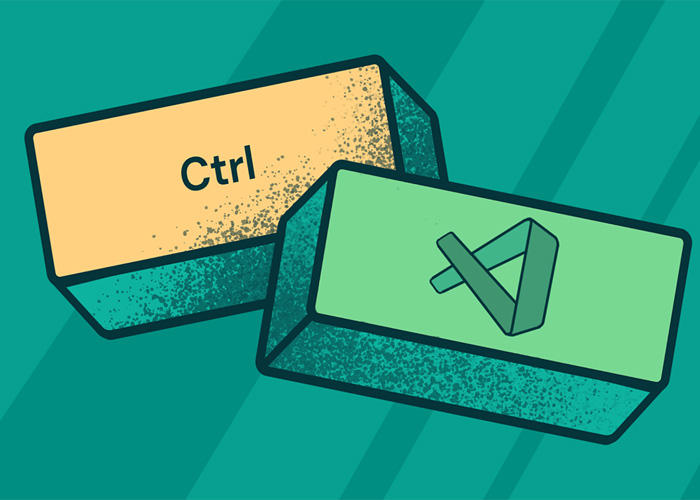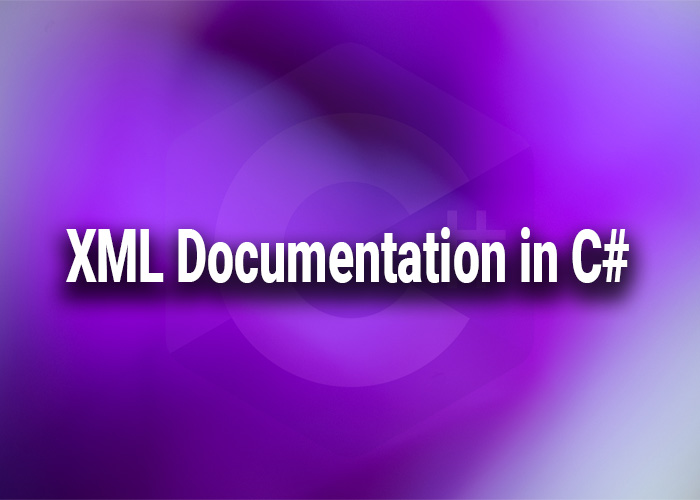Encoding in C#: Techniques and Applications
Encoding is a fundamental concept in programming that involves converting data from one form into another. In C#, encoding is often related to converting strings into bytes or vice versa, typically for data storage, transmission, or to maintain compatibility with specific encoding standards. This article explores different encoding techniques in C#, highlighting their use cases and implementation.
Understanding Encoding in C#
Encoding in C# is primarily handled by classes within the System.Text namespace. These classes allow developers to convert strings (which are sequences of characters) into arrays of bytes and vice versa, according to various character encoding standards like ASCII, UTF-8, and Unicode.
Key Encoding Classes in C#
- System.Text.ASCIIEncoding
- System.Text.UTF8Encoding
- System.Text.UnicodeEncoding
These classes provide functionality to encode and decode characters based on the respective encoding standards.
Example: Using UTF-8 Encoding
UTF-8 is a popular character encoding used widely due to its ability to represent any character in the Unicode standard and its efficiency in terms of storage. Here's how you can use UTF-8 encoding in C#:
using System;
using System.Text;
public class EncodingExample
{
public static void Main()
{
string originalString = "Hello, World!";
// Encode string to bytes
byte[] encodedBytes = Encoding.UTF8.GetBytes(originalString);
Console.WriteLine("Encoded bytes: " + BitConverter.ToString(encodedBytes));
// Decode bytes back to string
string decodedString = Encoding.UTF8.GetString(encodedBytes);
Console.WriteLine("Decoded string: " + decodedString);
}
}
This example demonstrates converting a string into bytes using UTF-8 encoding and then converting those bytes back to the original string.
When to Use Different Encodings
- ASCIIEncoding: Best used when you are sure that the characters to be encoded are within the ASCII character set (characters 0-127). It is not suitable for languages other than English without losing information.
- UTF8Encoding: Suitable for any text content when you need a balance between space efficiency and universal character representation. It is the de facto standard encoding for web content.
- UnicodeEncoding: Use when you need to ensure compatibility with systems that expect text to be encoded in UTF-16, commonly used in many modern applications, including .NET internally.
Encoding for Web Applications
Encoding is crucial in web development, particularly for correctly displaying content in different languages and ensuring data is properly transmitted between the server and clients. For example, when generating a web page or sending data via HTTP, it’s important to specify the correct character encoding in the HTTP headers to avoid misinterpretation of the data by browsers.
Security Implications of Encoding
Proper encoding is also essential for securing applications against certain types of vulnerabilities, such as SQL injection or cross-site scripting (XSS). By encoding user inputs before inserting them into HTML or SQL queries, you can prevent malicious code from being executed.
Conclusion
Encoding in C# is a powerful capability provided by the .NET framework, enabling developers to handle diverse character data robustly and securely. Understanding when and how to use different encoding types is crucial for creating applications that are efficient, interoperable, and secure.





